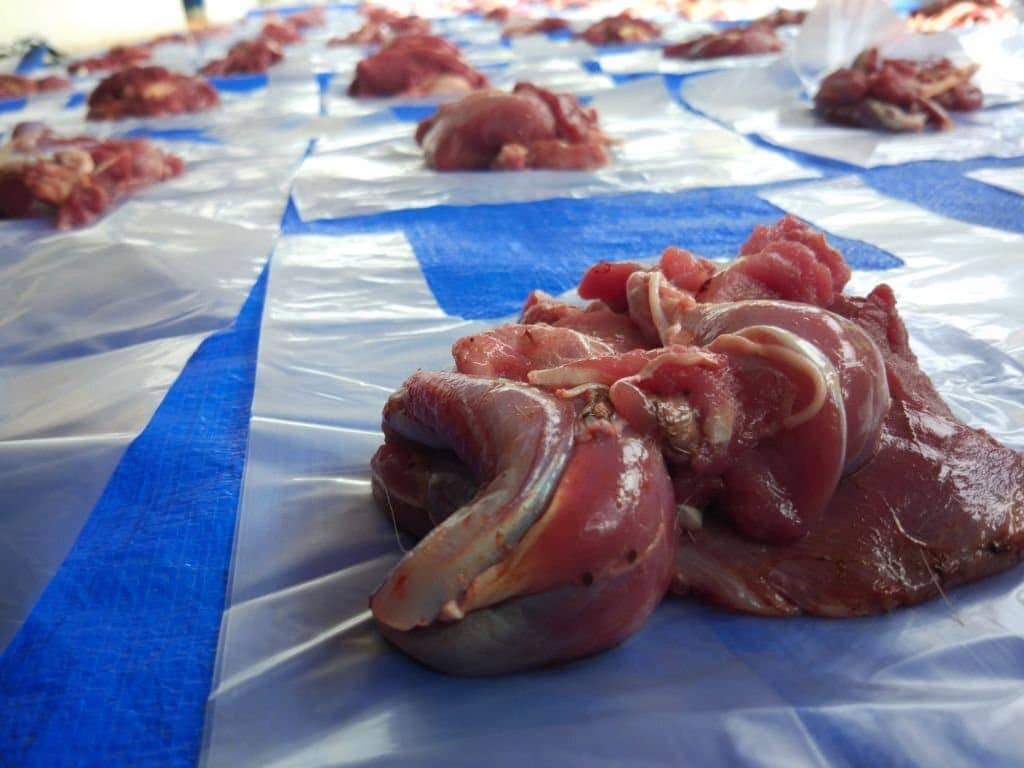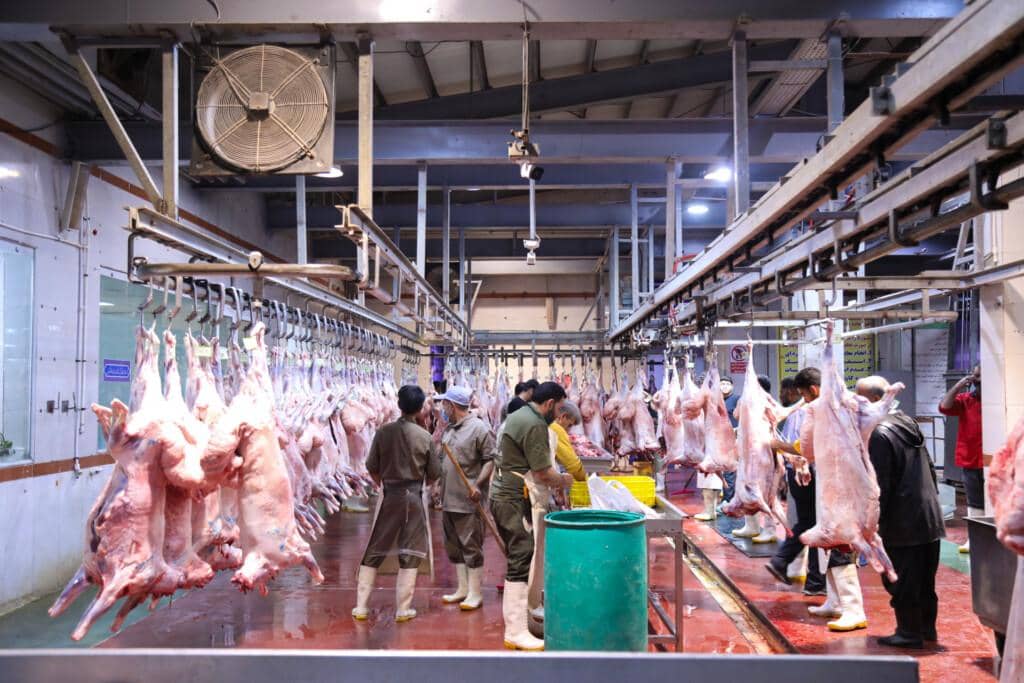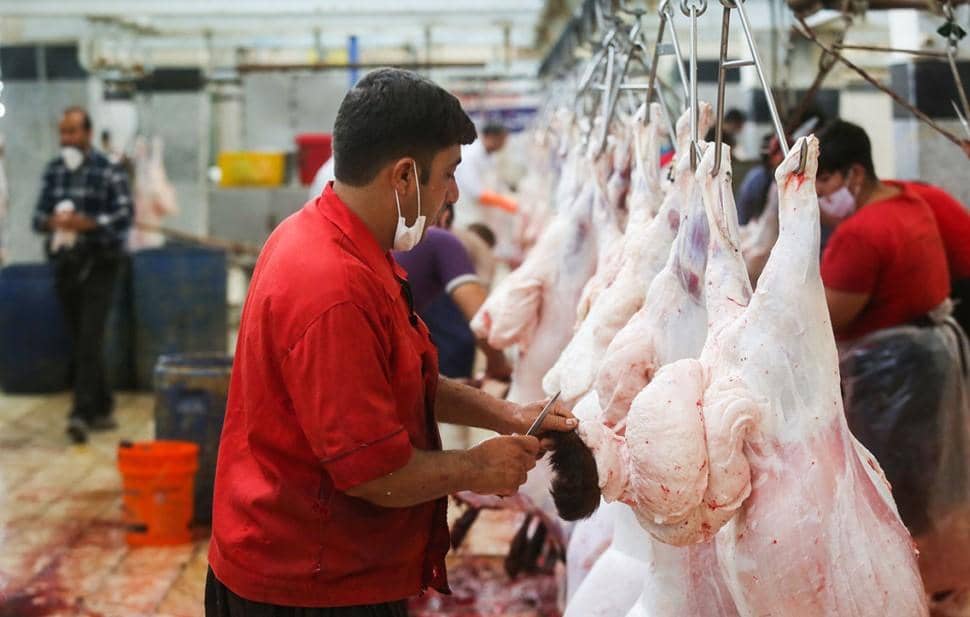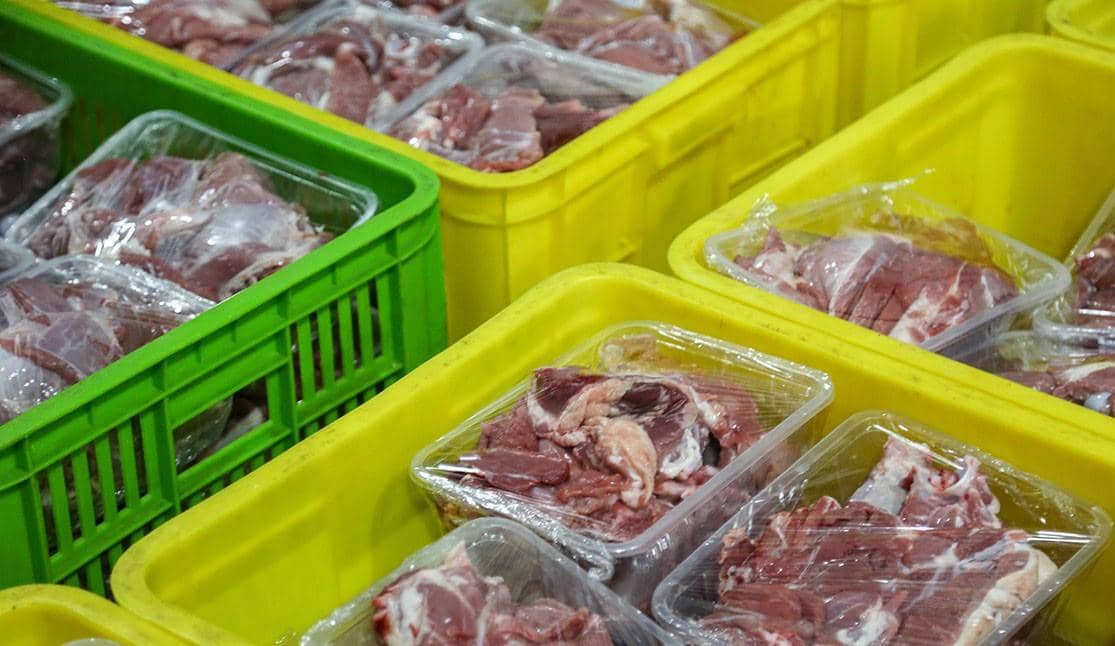What is Relief Qurbani?
Relief Qurbani is a specialized humanitarian initiative where donors entrust organizations to perform the obligatory Islamic ritual of animal sacrifice (Udhiyah) on their behalf in impoverished regions. This program ensures that fresh, high-quality meat is slaughtered according to Sharia guidelines and immediately distributed to families in conflict zones, refugee camps, and areas suffering from severe food insecurity during Eid al-Adha.
The Sacred Tradition: Turning Faith into Global Sustenance
Every year, as the Hajj season peaks, the global Muslim community prepares for Eid al-Adha, the Festival of Sacrifice. While the celebration brings joy to millions, it also highlights a stark reality: for countless families in war-torn or poverty-stricken regions, meat is a luxury they haven’t tasted in months, or perhaps years.
The ritual of Qurbani is not merely a symbolic repetition of history; it is a critical lifeline. However, the challenge for the modern donor is ensuring that this sacred trust (Amanah) is executed correctly and that the aid actually reaches the plates of the hungry on time.
Traditional remittance methods can be slow, opaque, and eroded by high transaction fees. This year, your act of worship can evolve. By engaging in Relief Qurbani through blockchain technology, you ensure that your sacrifice honors the legacy of Prophet Ibrahim (AS) while utilizing the most efficient financial tools available to maximize your charitable impact.
The Historical Foundation: A Test of Submission
The essence of this ritual stems from the profound narrative of Prophet Ibrahim (Abraham). In a divine dream, he received a command to sacrifice his beloved son, Ismail (Ishmael), as a test of his absolute devotion to Allah. Despite the immense emotional weight, both father and son submitted to the Divine will.
At the decisive moment, Allah intervened, replacing Ismail with a ram. This event established the tradition of Qurbani a testament that true faith requires the willingness to sacrifice what we hold dear. Today, we commemorate this by sacrificing livestock, distributing the sustenance to those who have nothing. It is a powerful equalizer, leveling the social divide between the wealthy and the indigent.
Relief Qurbani: Addressing The Global Hunger Crisis
While the act is ritualistic, the impact is strictly humanitarian. Relief Qurbani refocuses the distribution of meat away from developed nations and toward the “Global South” and crisis zones.These initiatives facilitate the distribution of Qurbani meat to impoverished communities in remote areas, refugee camps, and disaster-stricken regions, ensuring that families have access to nutritious food during times of hardship.
These programs also promote sustainable development by supporting local farmers and livestock producers, contributing to economic empowerment and food security.
Who Benefits from Relief Qurbani?
- Refugee Populations: Families displaced by conflict who rely entirely on external aid.
- Disaster Survivors: Communities rebuilding after earthquakes, floods, or droughts.
- The Ultra-Poor: Individuals living below the poverty line who suffer from chronic protein deficiency.
In these contexts, the arrival of Qurbani meat is often the only time these families have access to a nutrient-dense meal for the entire year. It is more than food; it is a message of solidarity, proving they have not been forgotten by the Ummah.
Why Your Crypto Donation Makes a Bigger Impact
As a modern philanthropist, you understand the value of efficiency. When it comes to Relief Qurbani, cryptocurrency is not just a payment method; it is a superior vehicle for delivering aid. Here is why donating your Qurbani in Bitcoin, Ethereum, or USDC changes the game:
- Unmatched Speed During Critical Windows
Qurbani has a strict time limit it must be performed during the days of Tashreeq (10th to 12th of Dhul-Hijjah). Traditional banking systems, especially cross-border transfers, can take days to clear, often stalled by weekends or holidays. Crypto transactions settle in minutes, ensuring funds reach the ground teams instantly so the sacrifice is performed within the valid Sharia timeframe. - Radical Transparency and Trust
The blockchain serves as an immutable ledger. When you donate via crypto, you bypass the opaque nature of traditional charity bureaucracy. This creates a traceable path of funds, ensuring your contribution is used strictly for purchasing livestock and logistics, minimizing the risk of mismanagement. - Maximizing the Value of Your Donation
International bank wires and credit card processors eat away at donations through high fees and poor exchange rates. Crypto transfers dramatically reduce these overheads. Lower fees mean more of your money goes directly toward purchasing larger, healthier animals, resulting in more meat for the beneficiaries. - Financial Inclusion in Conflict Zones
In many areas like Yemen, Syria, or Gaza, banking infrastructure is often collapsed or heavily restricted. Cryptocurrency allows aid to permeate these borders effortlessly, reaching local partners who can procure animals from regional farmers, thereby stimulating the local economy while feeding the poor.
Ensuring Ethical and Halal Compliance
For a Qurbani to be valid, it must meet strict Islamic legal requirements. Relief Qurbani programs adhere to the highest standards of animal welfare and religious observance.
Animal Welfare Standards
The livestock (sheep, goats, cows, or camels) must be treated with dignity. They must be fed, watered, and kept calm. The slaughter process is performed swiftly to minimize pain, adhering to the method of Zabiha.
- Age Requirements: Animals must meet specific age maturity (e.g., one year for sheep/goats).
- Health: Animals are inspected to ensure they are free from blindness, lameness, or illness.
The Three-Part Division
While traditional Sunnah suggests dividing meat into three parts (family, friends, poor), Relief Qurbani typically allocates 100% of the sacrifice to the poor and needy section, as the donor is often geographically distant. This maximizes the charitable benefit (Sadaqah) of the act.
Considerations for Ethical Qurbani: Animal Welfare and Environmental Impact
As awareness of animal welfare and environmental sustainability grows, it is crucial to ensure that Qurbani practices align with ethical principles. This includes promoting humane treatment of animals during all stages of the process, from transportation to slaughter.
Supporting local farmers who adhere to ethical and sustainable farming practices can minimize the environmental impact of Qurbani. Furthermore, exploring alternative methods of meat preservation and distribution can help reduce waste and maximize the benefits for those in need.
A Final Call: Revive the Sunnah, Feed the Soul
The days of Dhul-Hijjah are the most beloved to Allah. In these blessed moments, your decision to give extends far beyond a financial transaction. It is a reinstatement of a covenant a promise to care for humanity.
By choosing Relief Qurbani, you are not just ticking a box; you are delivering hope. By choosing to donate via cryptocurrency, you are championing transparency and speed. Do not let this Eid pass without leaving a mark on the world. The hungry are waiting, and the reward is boundless.
Make your sacrifice count. Ensure your Qurbani reaches the needy instantly.
Perform Your Relief Qurbani with Crypto







